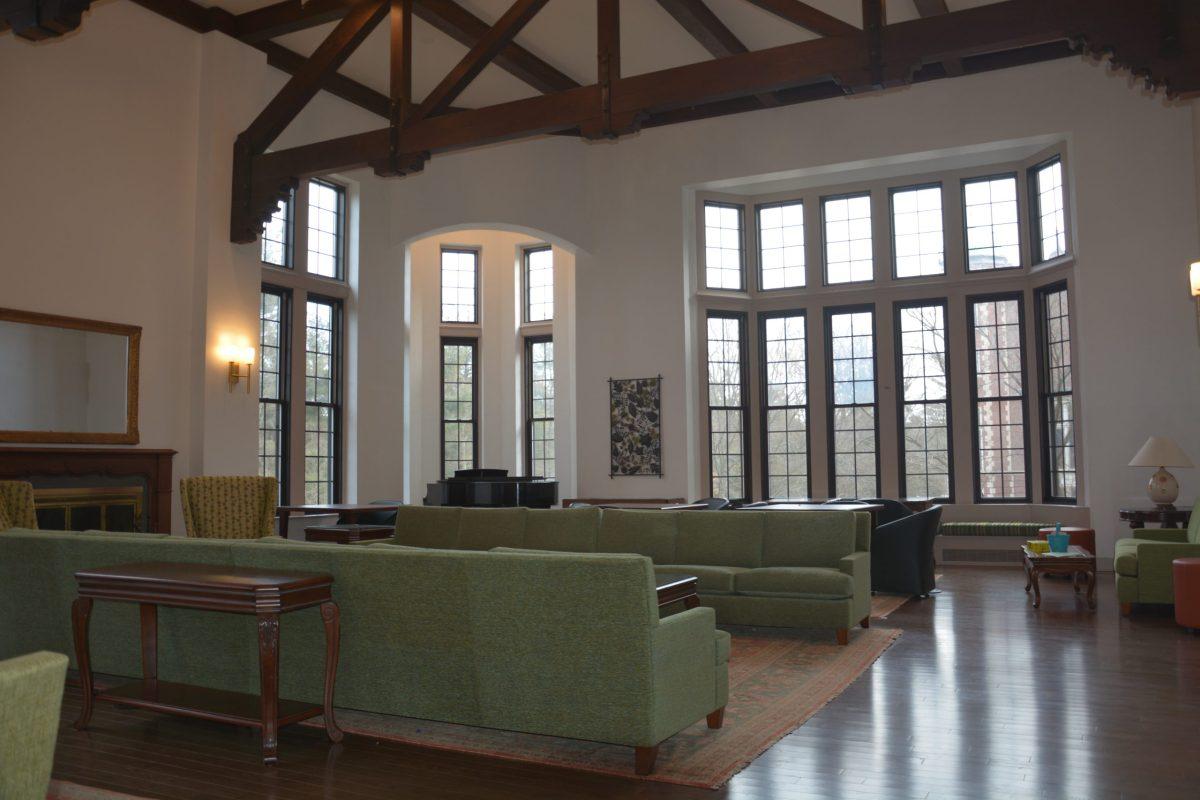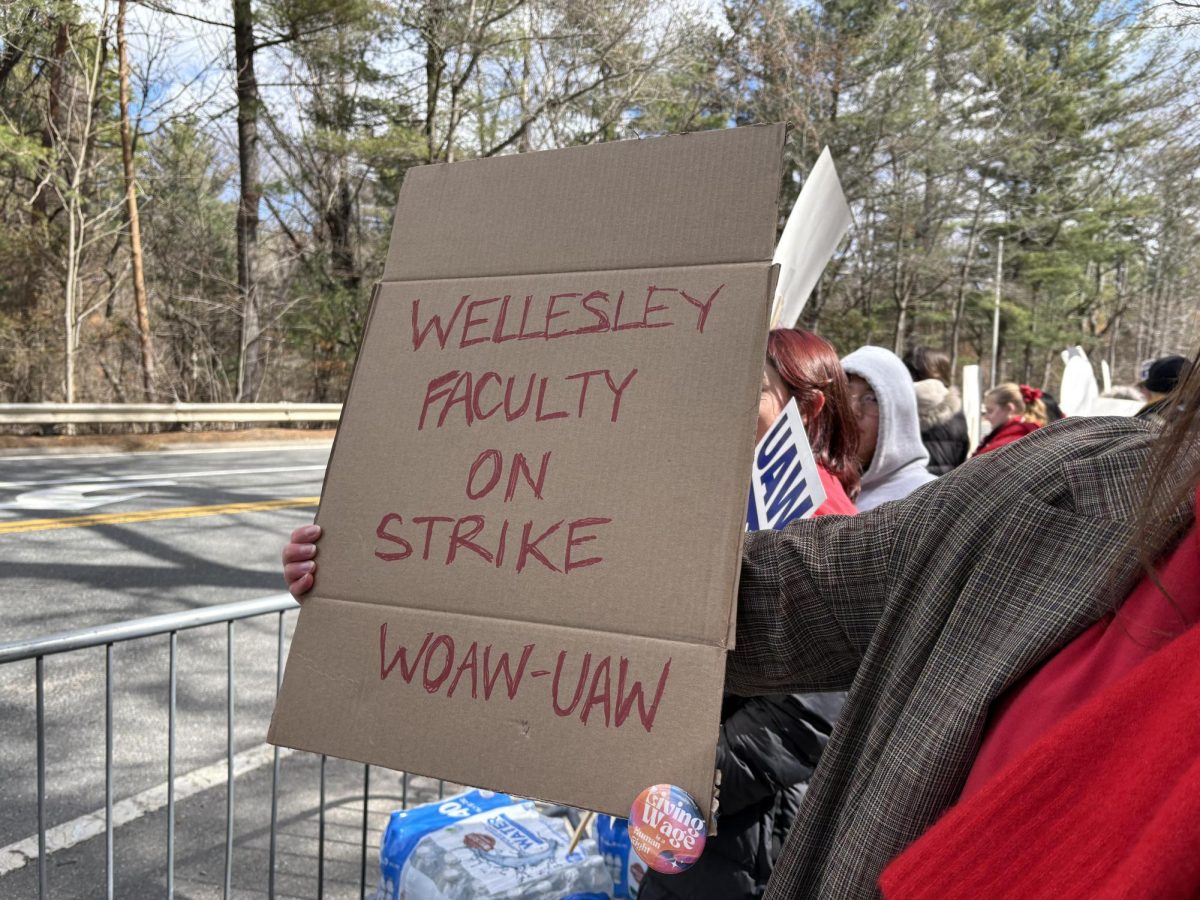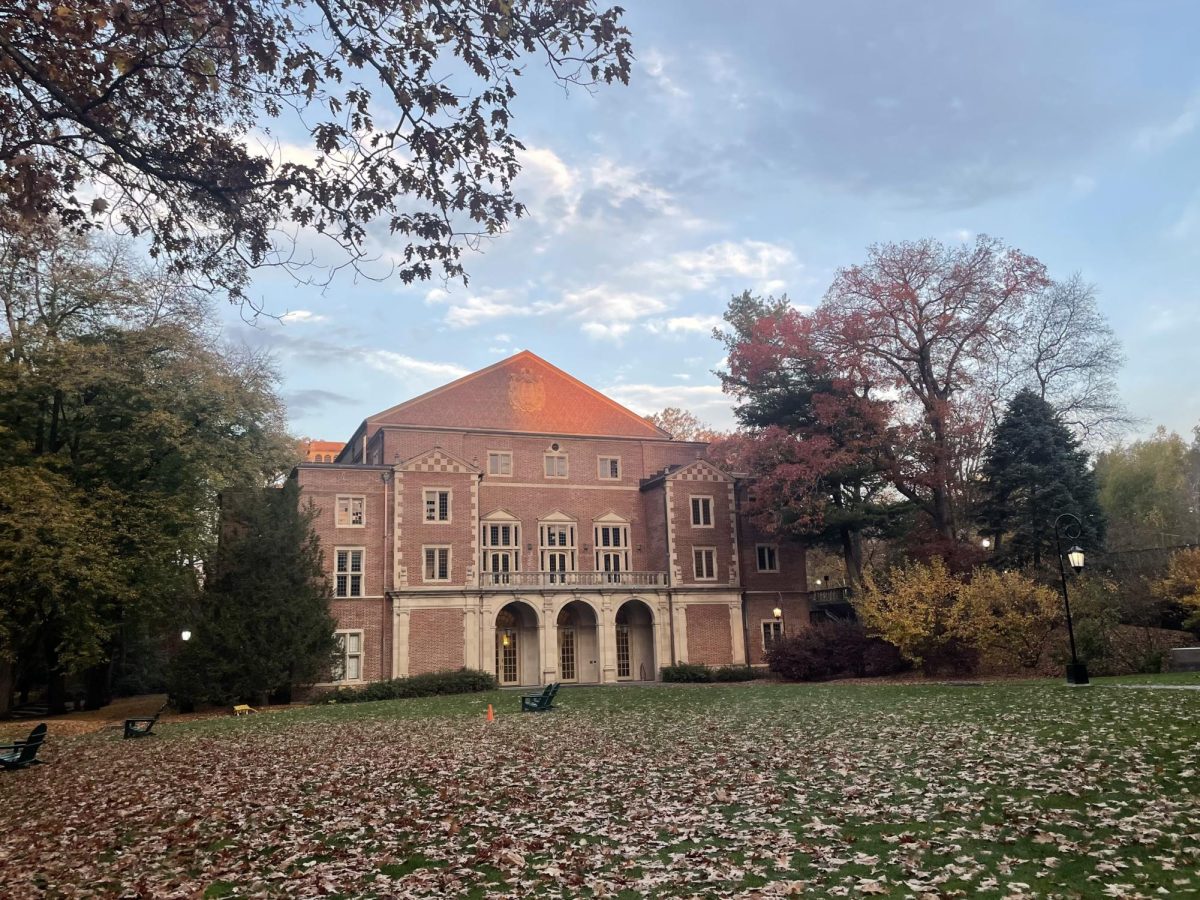Affinity housing for Black students, formally known as Walenisi, has been reformed from a designated floor on Cazenove Hall to blocks spread across dorms on campus this academic year. The announcement came on March 31, 2023 through an email sent to the members of Walenisi.
The residents of Walenisi had no prior knowledge of the changes being made to their housing situation. Taylor Quaye ’24, said that Walenisi residents met with the Dean of Harambee House Patricia Birch, after the announcement was made, and were shocked to hear that plans to move Walenisi to a blocking system started as early as January of 2023.
“We had [a meeting] with the floor and everyone who was concerned about it. Our residential assistant [RA] was there, but informed us that she was still on the same page as we were. She said that she wasn’t really ‘in-the-know’ about much of the changes going on and that she would do her best to figure out why this is happening and be our liaison and our representative, as she should be,” Quaye said. “[But then], in the conversation, [Dean] Birch let us know that [she and the Walenisi RA] had a conversation with Residential Life about the changes. It was really disheartening to hear because [our RA] is supposed to be our representative for the floor. You’re supposed to speak on our behalf as Black students in this space. It doesn’t seem like you fulfilled those conditions of your job and of your role that you’re getting paid for, so that was really frustrating.”
In the email, Residential Life stated that the goal of moving Walenisi to the blocking system was to make affinity housing for Black students more accessible and cater to students who may not want to live on Caz third. Caz third resident, Jelen Pittman ’24, said “there’s a noticeable difference within the environment of the floor now that it’s not a designated floor for Black students”.
“A couple weeks ago there was this prank where a sock was on everyone’s door, which I know happened to everyone in the building, however, that has never happened once, to the third floor. Why? Because non-Black people can’t be there. Clearly, if it hasn’t happened when non-Black [students] can’t be there, maybe it shouldn’t be happening,” Pittman said. “I feel like it just gave so much more audacity to the non-Black people on this campus to mess with the Black community honestly because it happens time and time again.”
Having Walenisi on Caz third gave Black students the opportunity to build a community on campus through weekly dinners and floor events. Nya Freeney ’25 says that the blocking system has weakened the strong community Walenisi once had.
“We share an RA, but we don’t have weekly dinners anymore. We don’t have Walenisi events, there’s no Walenisi group communication, so I feel like the blocking system really just ruined whatever community that was built for Walenisi,” Freeney said. “It is hard to see such a drastic difference because it was a way that I was able to connect with more Black students on campus especially given that Wellesley is a predominately white institution. It’s part of the reason why I feel so disconnected from campus. I just chill in my room, go to work, and go to class, but I feel less connected to where I live now.”
According to Quaye, Walenisi blocking was not promoted effectively by Res Life or Harambee House. This lack of communication was evident on campus when Walenisi blocks were reclassified as general body housing due to a lack of interest. Quaye, who lives in a Walenisi block that was moved to general body housing, says that this shows how the blocking system defeats the original purpose of Walenisi.
“To me, it felt premeditated because it’s the second semester towards the end during midterms because we come back after spring break and things start to pick up,” said Quaye. “There was not enough time for us to properly organize to effectively figure out this problem because at that point housing forms came out and the momentum died down.”
Another argument from Res Life for the movement of Walenisi to a blocking system instead of a floor was that there were not enough Black students to fill the rooms. Many students, like Pittman, believe that this is an invalid argument, especially since Walenisi housing is not an option offered to first-year students, which Pittman says is a missed opportunity to strengthen safe spaces for Black students on campus.
“Something else that bothered me with how admin[istration] and Dean Birch handled it was that they were going to a lot of first-years hyping up Walenisi’s blocking system,” Pittman said. “First of all, you can’t come into Wellesley as a first-year and say you’re Black and that you want to join Walenisi because you have to ‘explore campus how you like,’ which is strange. So you’d rather have a Black person go through a potentially racist, potentially harmful experience, rather than put them with other Black people to begin with?”
The News reached out to Res Life for comment on this article, but received no response.
“As Black people, and as Black people who exist we have so much intersectionality. Femme, women-identifying, queer, a lot of us dealing with neurodivergence, we see the inner workings of the layers of discrimination that we deal with all the time,” Quaye said. “On top of that we have to get a degree, be a part of orgs, offer our help, and educate people on our behalf, and convince people that our lives matter. For me, Walenisi was just a reminder of that reality. Here I am living so happily in my little Black bubble, only for it to burst, and now my eyes are burning.”




